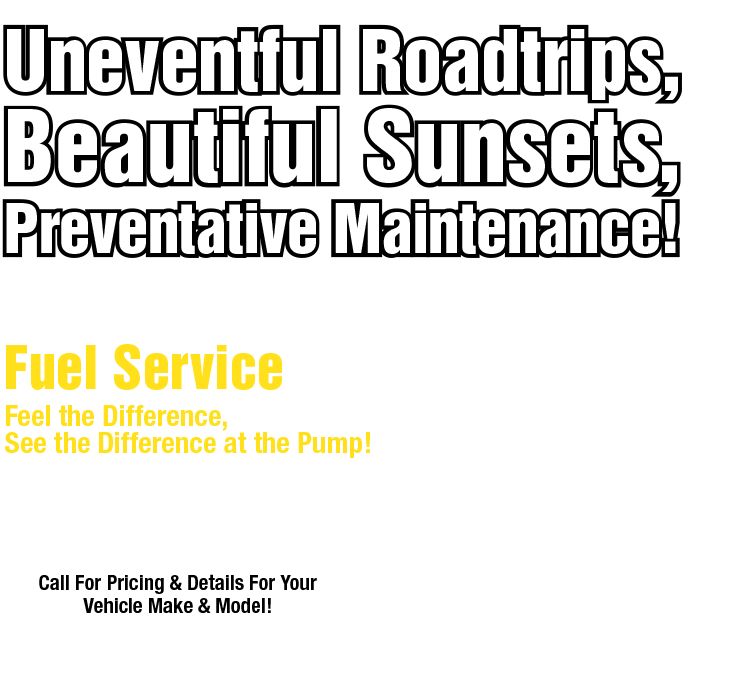The Little Valve that Could (PCV Valve Replacement)
February 12, 2023
It's easy to get letters like PVC and PCV mixed up. PVC is a plastic that's used in a lot of things, especially plumbing pipes. And PCV is a valve that helps your engine burn off excess fumes rather than having them pollute our atmosphere.
PCV stands for positive crankcase ventilation. When your engine ignites gasoline in the cylinders, some of the gases produced make their way into the crankcase, where oil is held to lubricate the engine. In earlier days, those gases would be vented out through a hose and go directly into the air. It was a waste of gasoline (since about three-fourths of the gases were unburned fuel) and a nasty source of pollution.
So engineers devised a one-way valve that directed those gases back into the engine's air intake system to be burned again. After a while, the PCV valve can get clogged up with gummy oil. Not only does that reduce the recirculation of the gases, but it can also cause pressure in the crankcase to increase and possibly lead to an oil leak.
Signs your PCV valve has failed are oil leaks around the engine compartment or under your vehicle and poor engine performance. Your fuel economy will get worse. If you notice those signs, we can check your PCV valve.
At the same time a technician inspects the PCV valve, they'll also check the vacuum hose that runs back to the air intake. Plus, they'll make sure the vehicle doesn't have any other engine problems that might be contributing to your issues.
Many technicians recommend replacing your PCV valve with each major tune-up, so you get ahead of any problems before they develop. Now that you're an expert on PCV, it may be time to check out those PVC pipes in your bathroom!
Tire Warehouse Depot
250 N. Lapeer Rd.
Lake Orion, Michigan 48362
248-929-0699
Need Service?
More articles from Tire Warehouse Depot

Mileage Headed Downhill? (What Causes Bad Fuel Economy?)
January 18, 2026
Name someone you know who enjoys spending a lot of money on gasoline. Yeah, me neither. Thats because it costs quite a bit to keep fueling your vehicle. One way to save money on gas is to get good fuel economy, and most of todays vehicles are designed to maximize your mileage. But you might f... More

You Are the Fluid Detective! (Leaking Fluids)
January 11, 2026
When you see some liquid sitting underneath your vehicle, your mind starts churning. Is that normal? Is that something serious, or did I just spill my drink? Heres a quick list of what those fluids look, smell and feel like, as well as what they might be. No, we dont recommend you taste them to ... More

(Ball Joint Replacement)
January 4, 2026
Every day that goes by, our bodies get a little more wear and tear on them. Our vehicles have the same issue. The older we get and the farther we travel, certain parts start showing some wear. Think of your hips. There are parts of our vehicles that are similar to them; just like hips allow y... More










